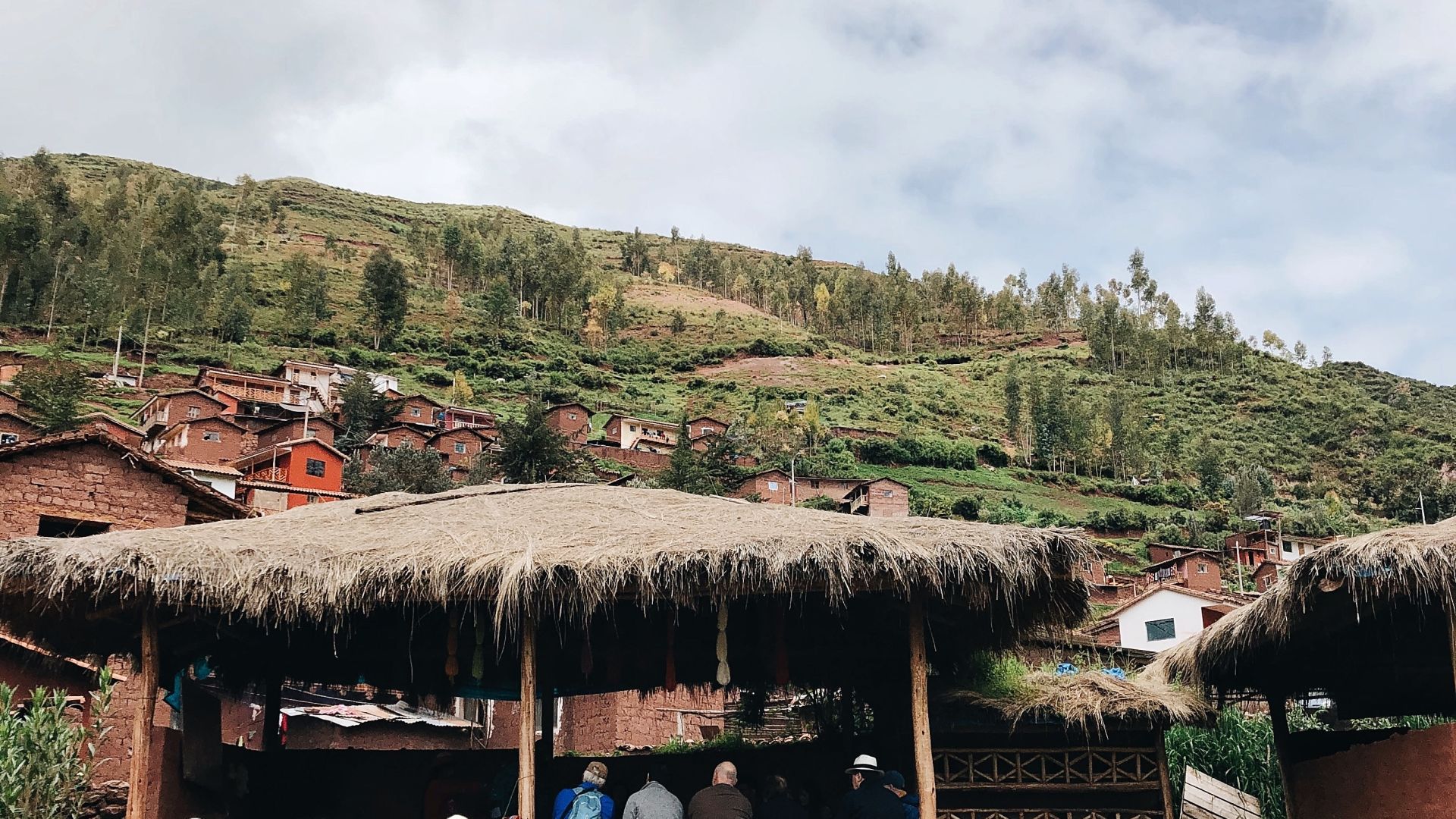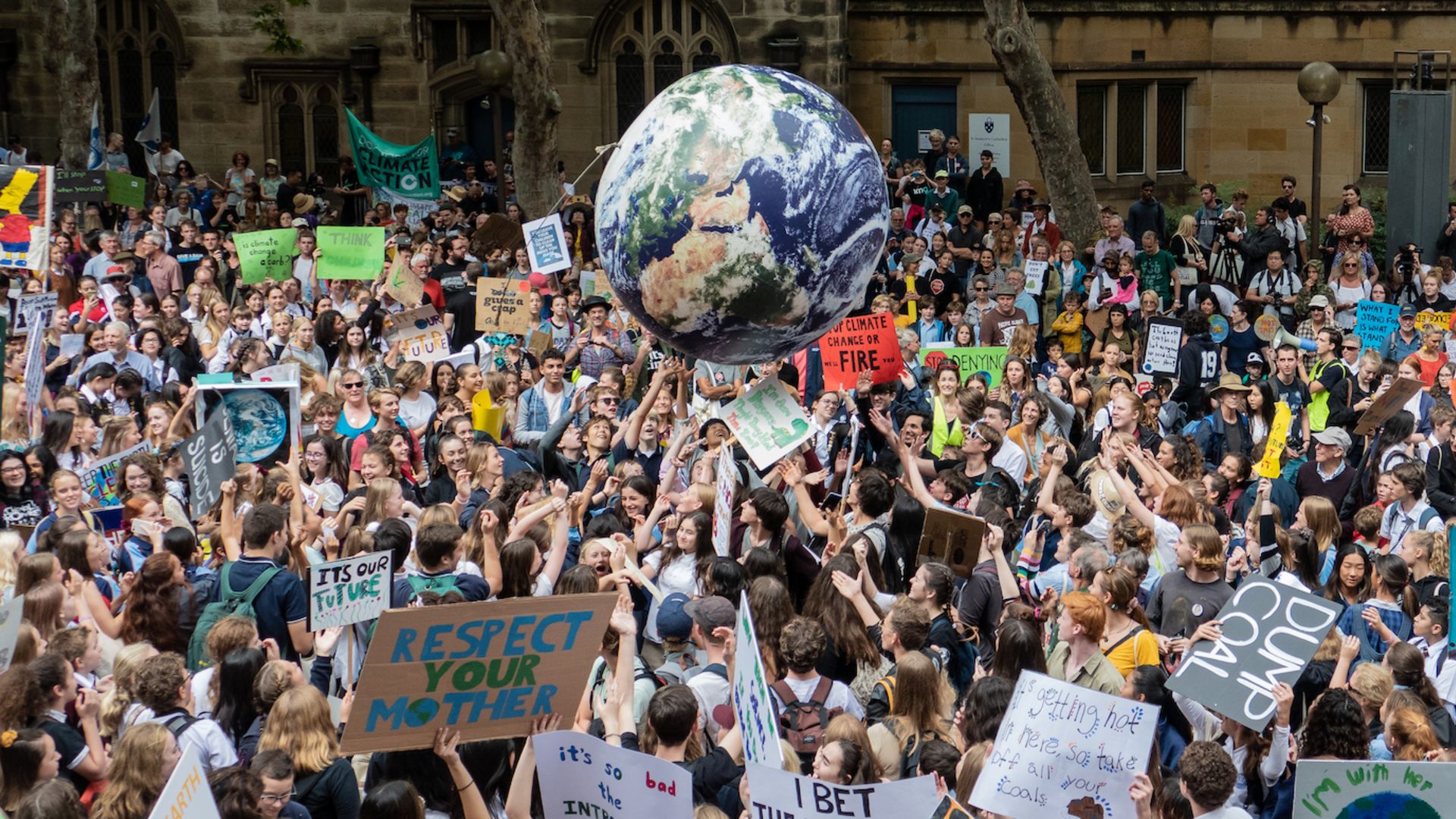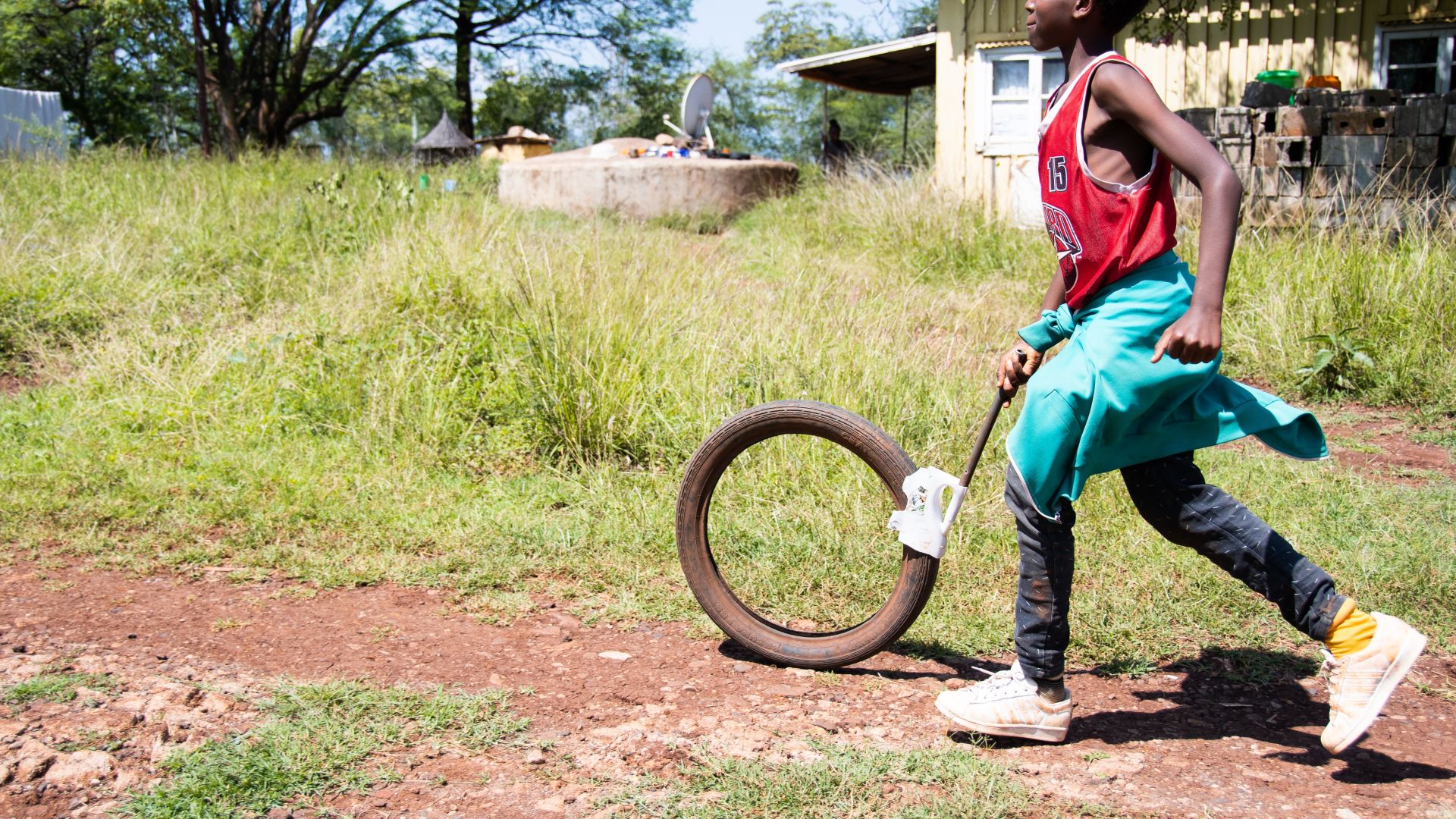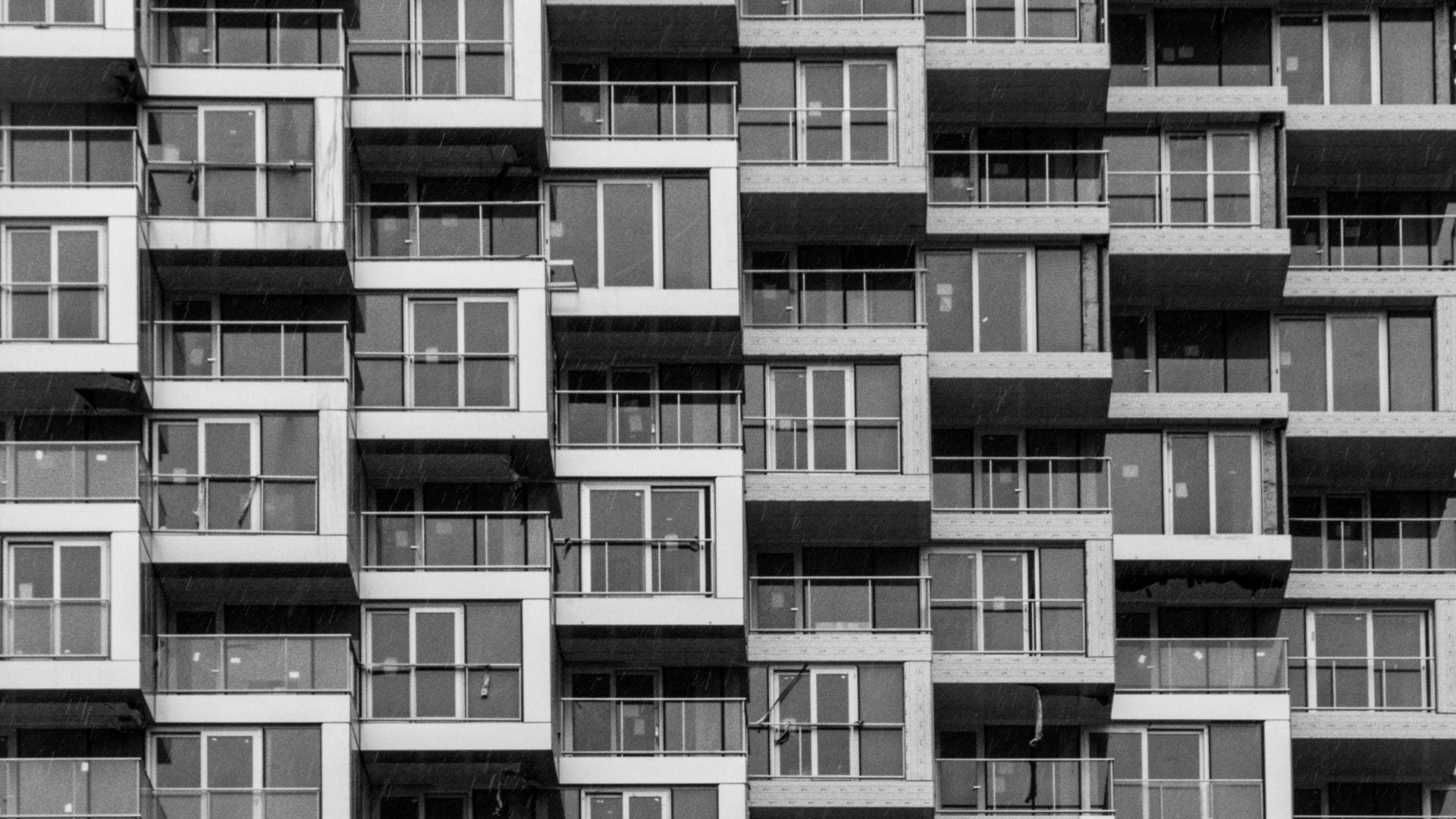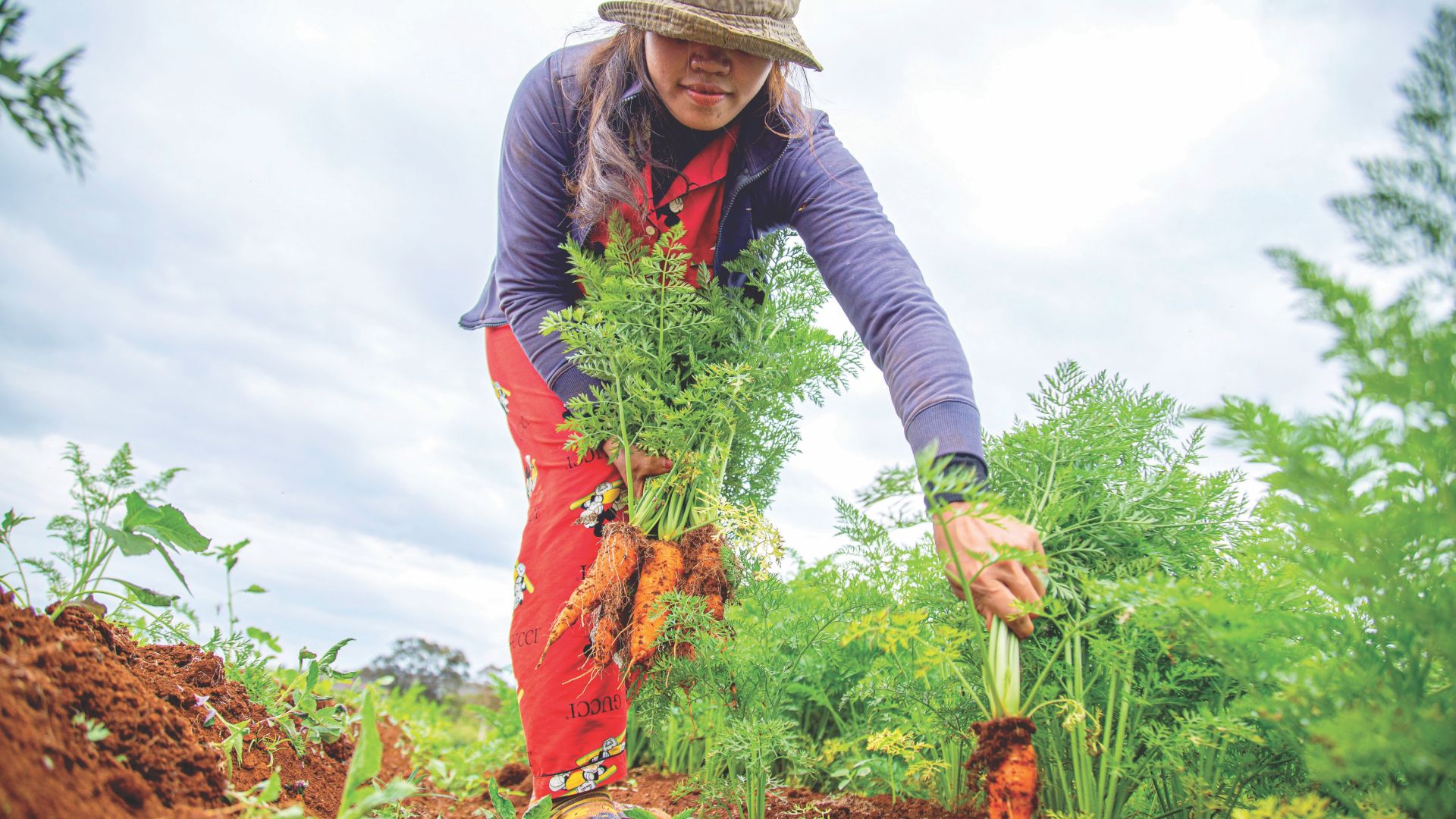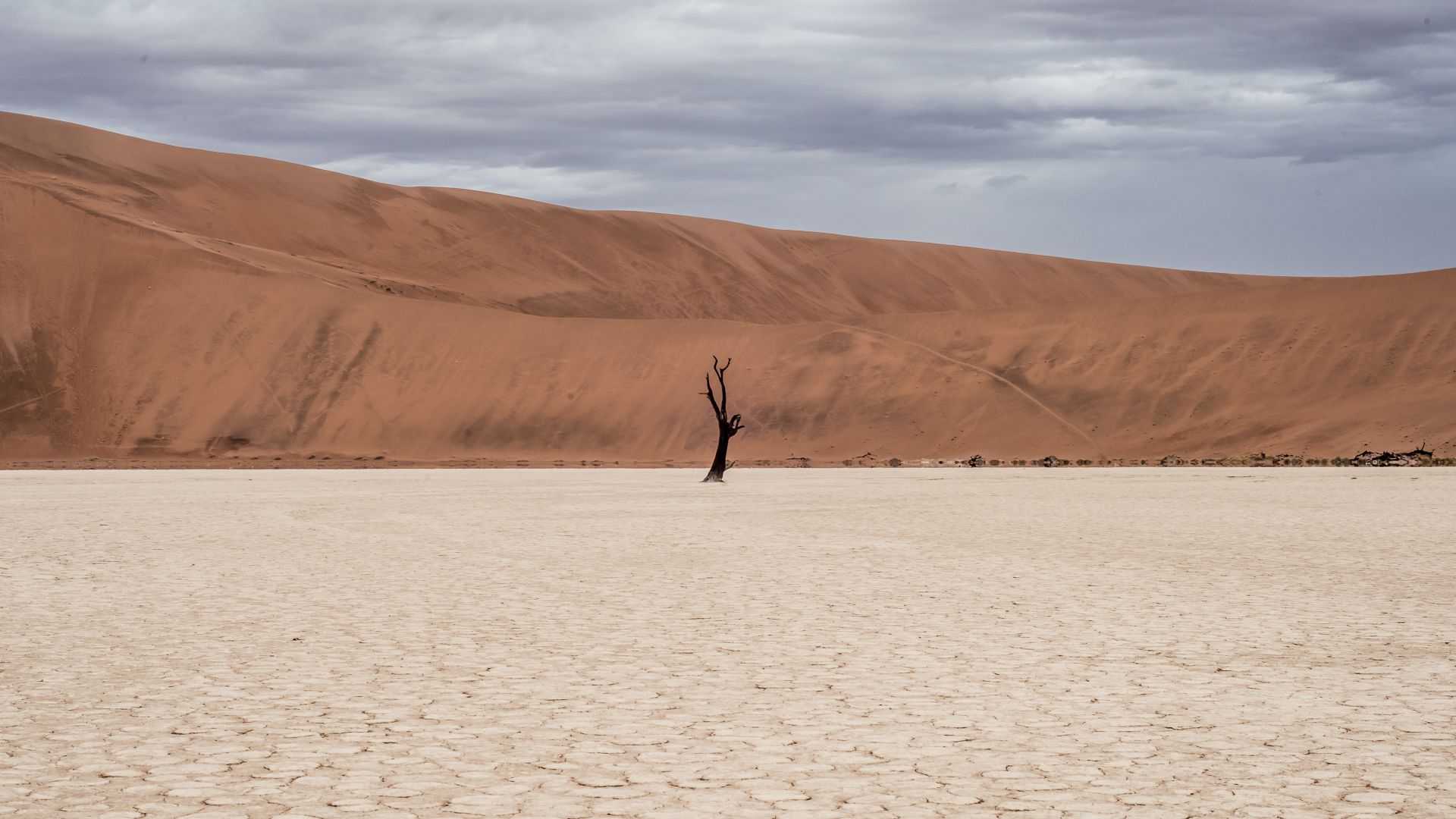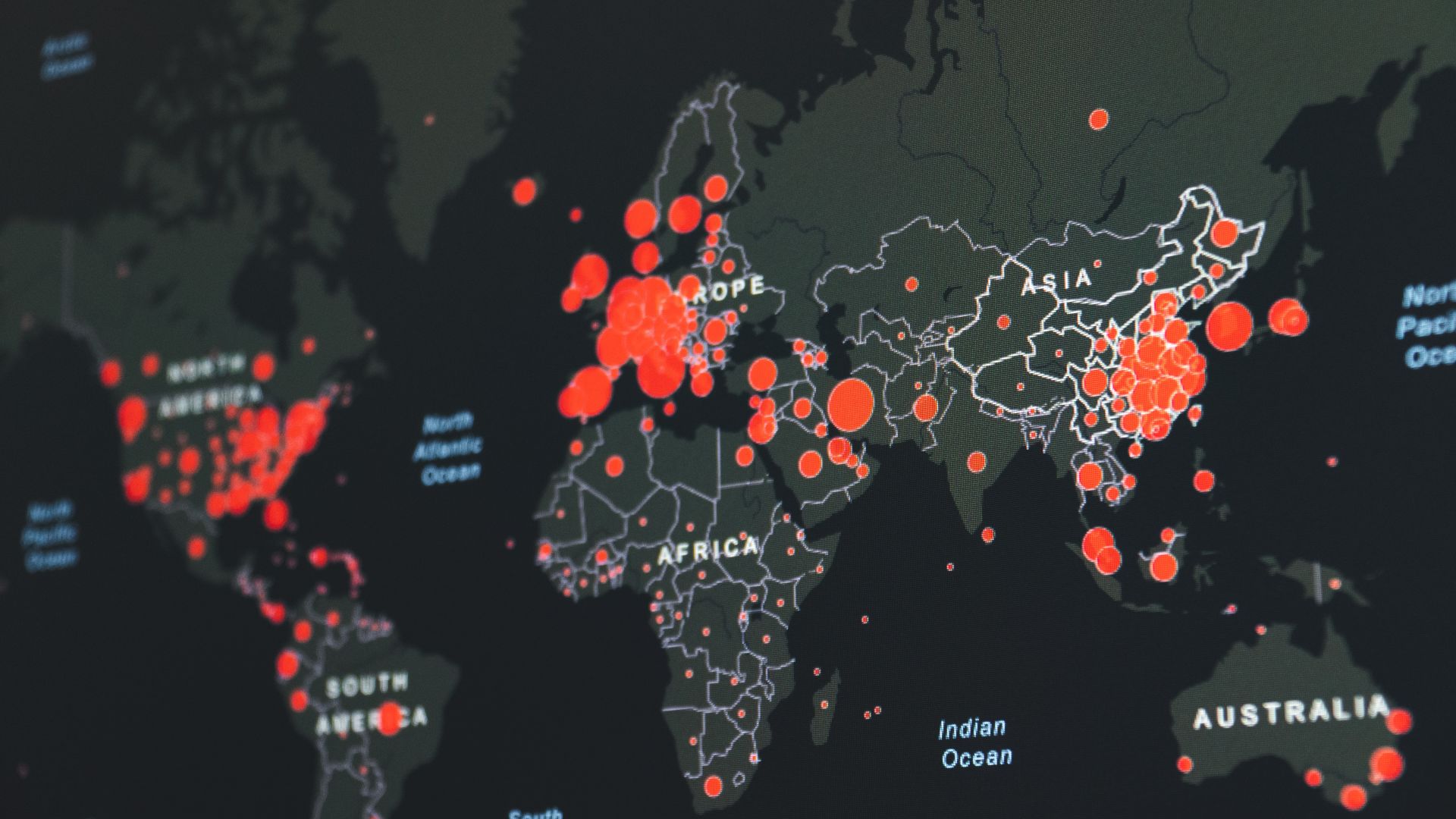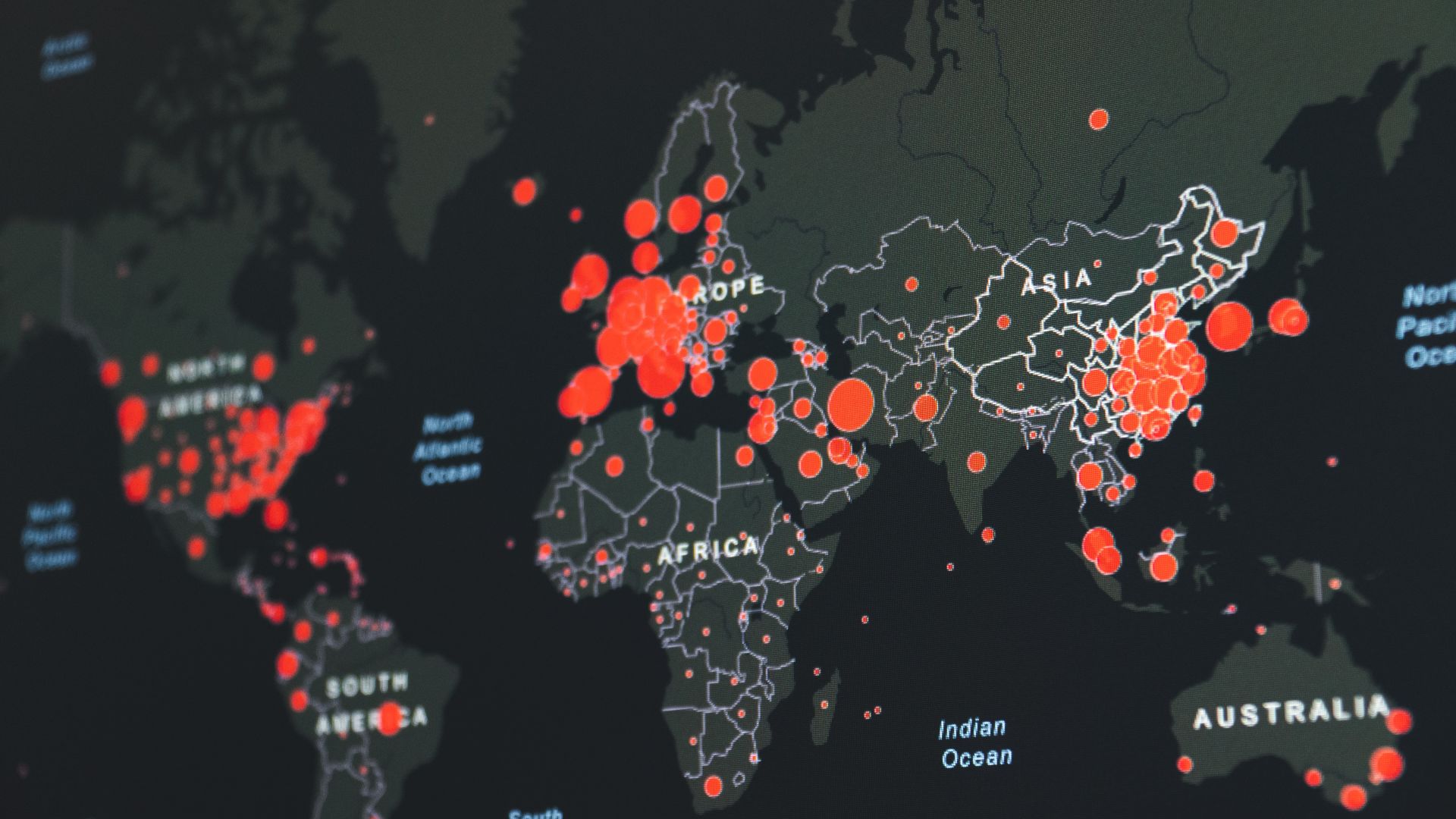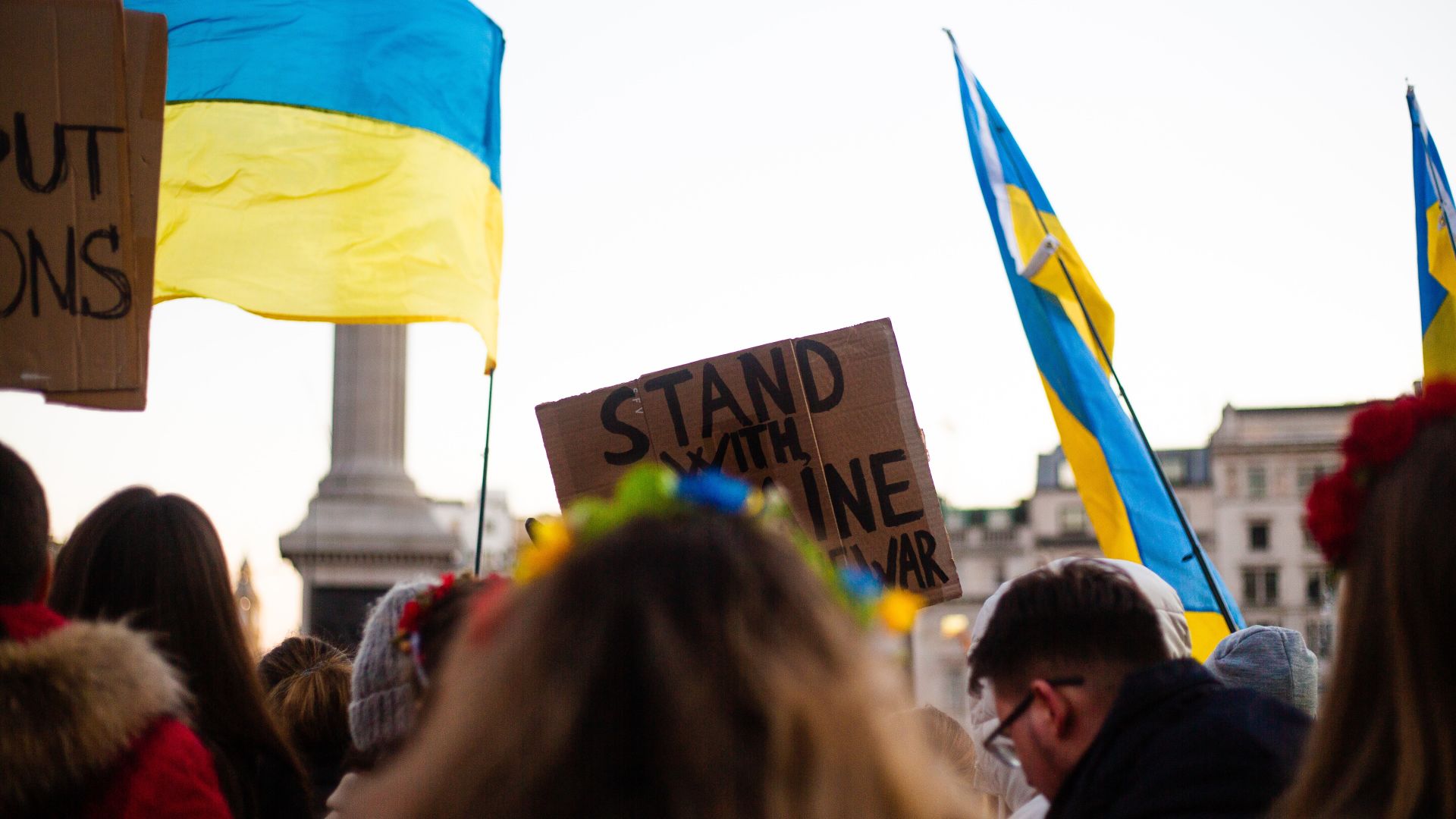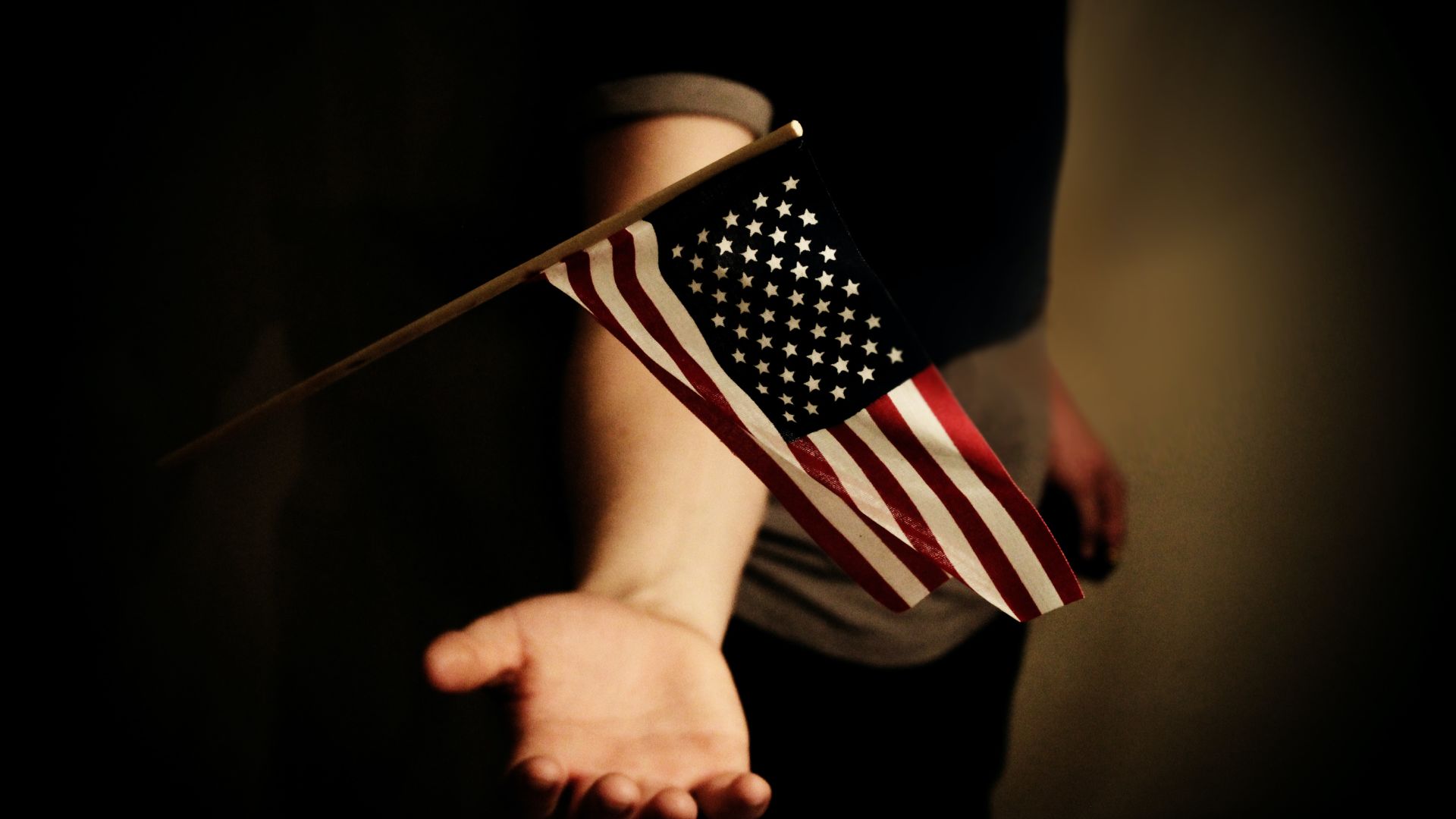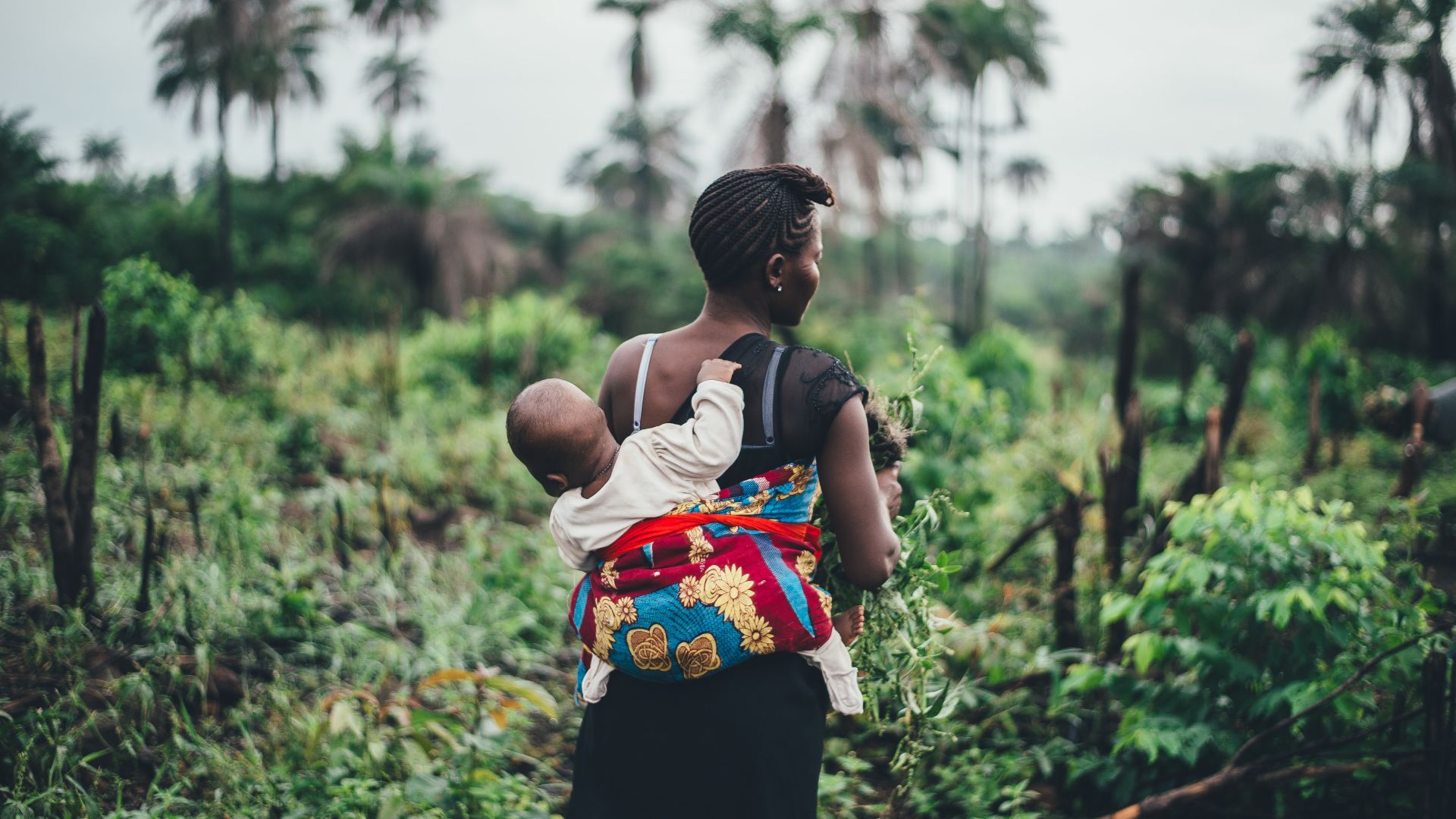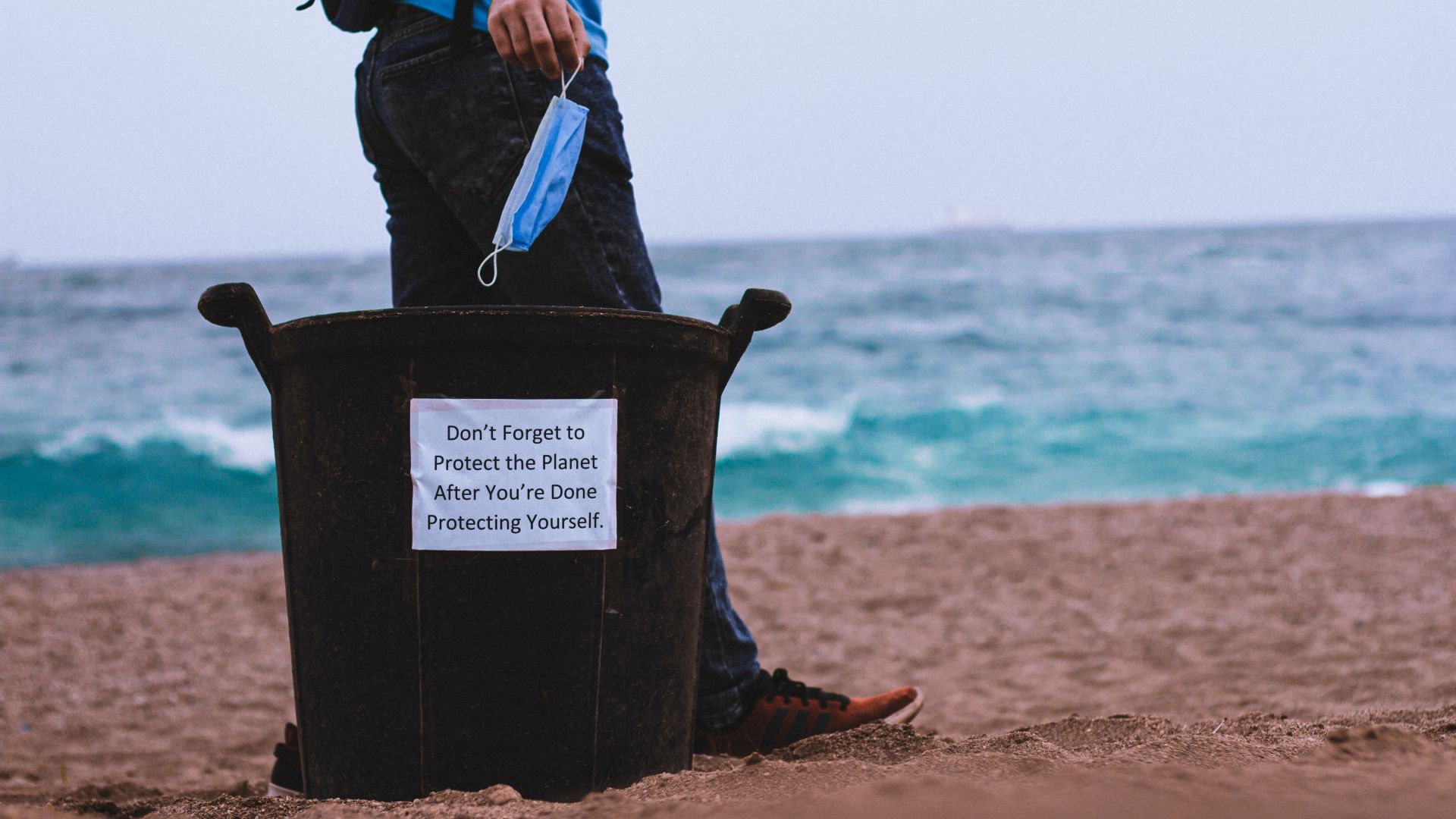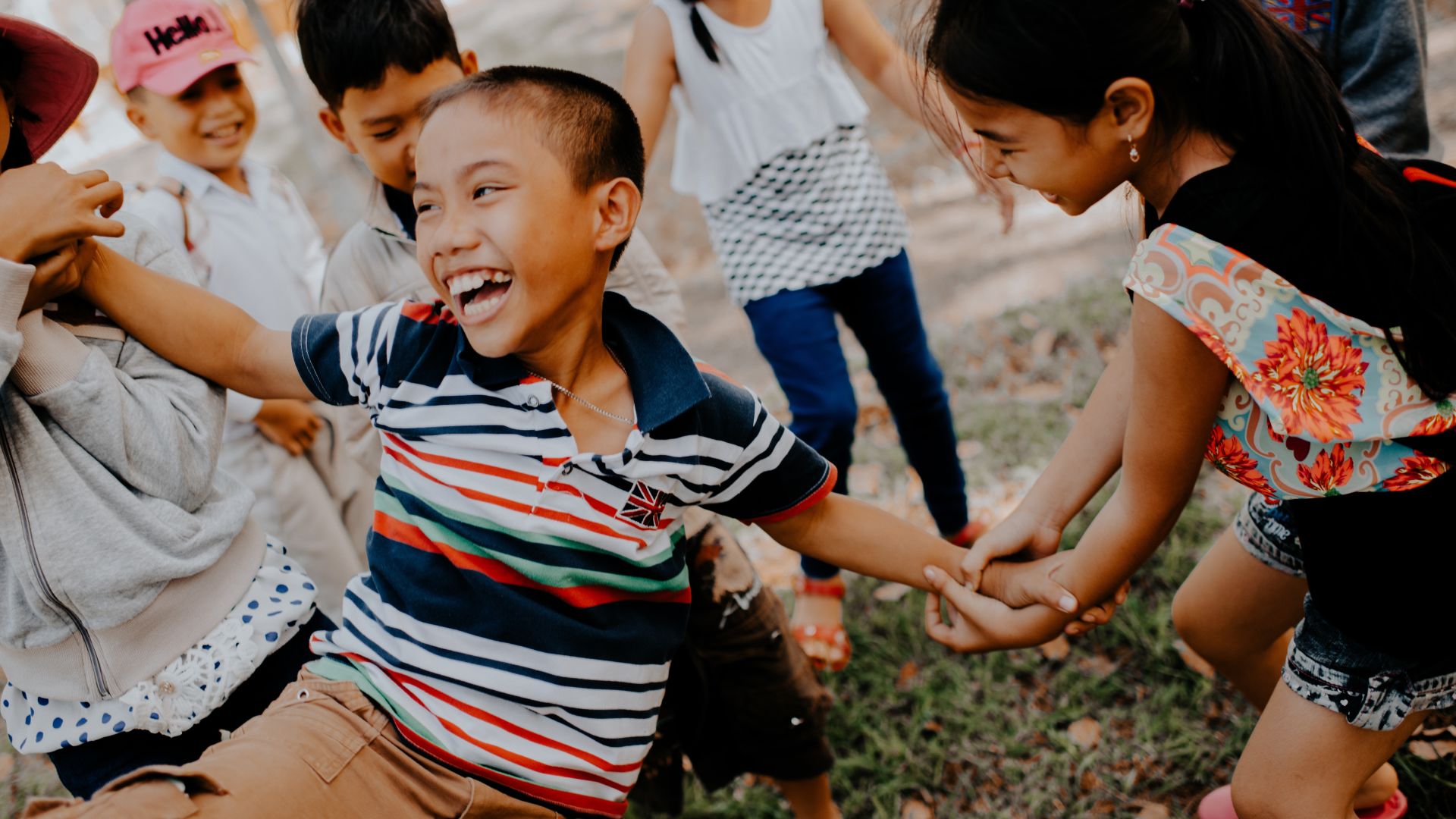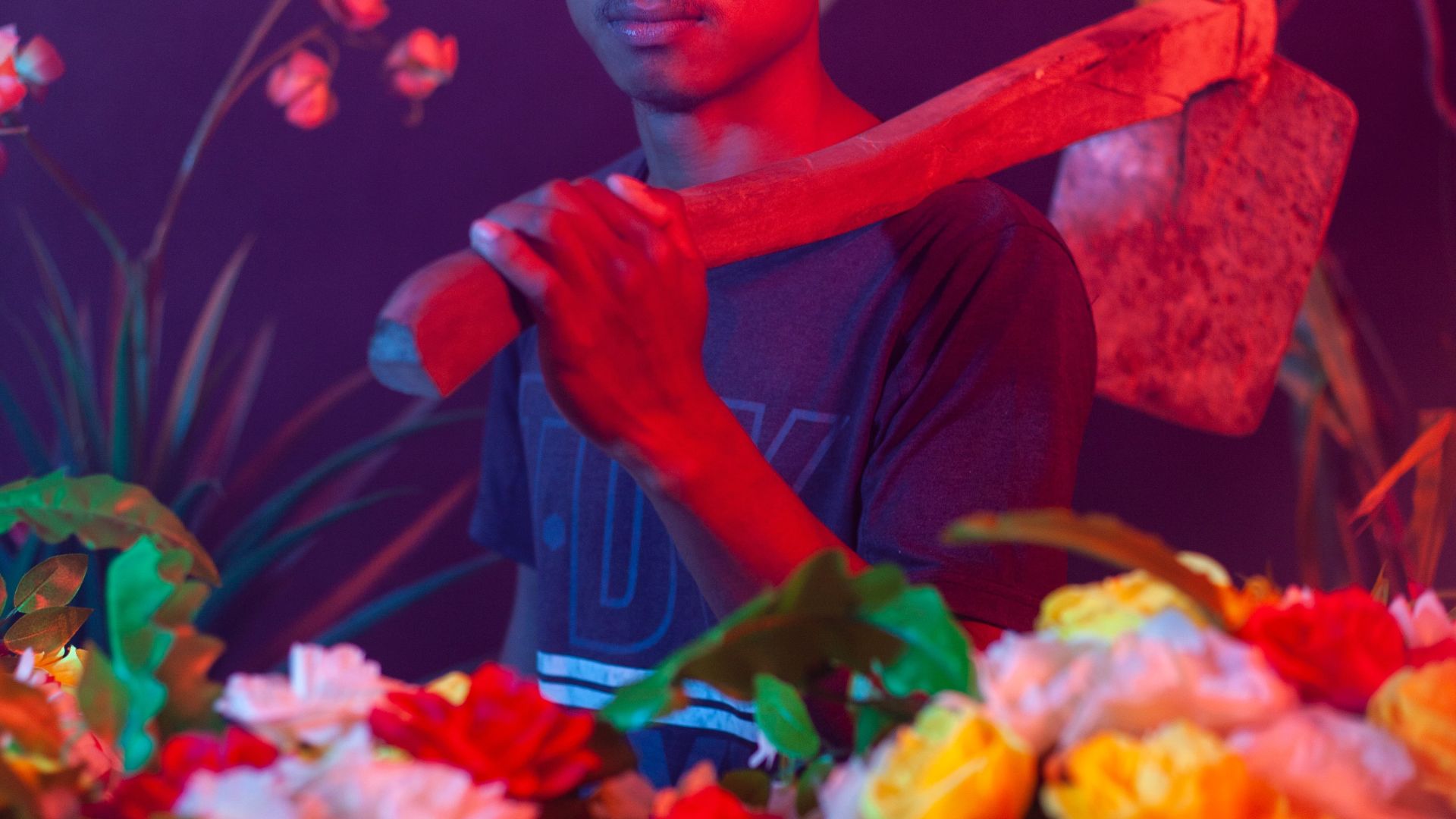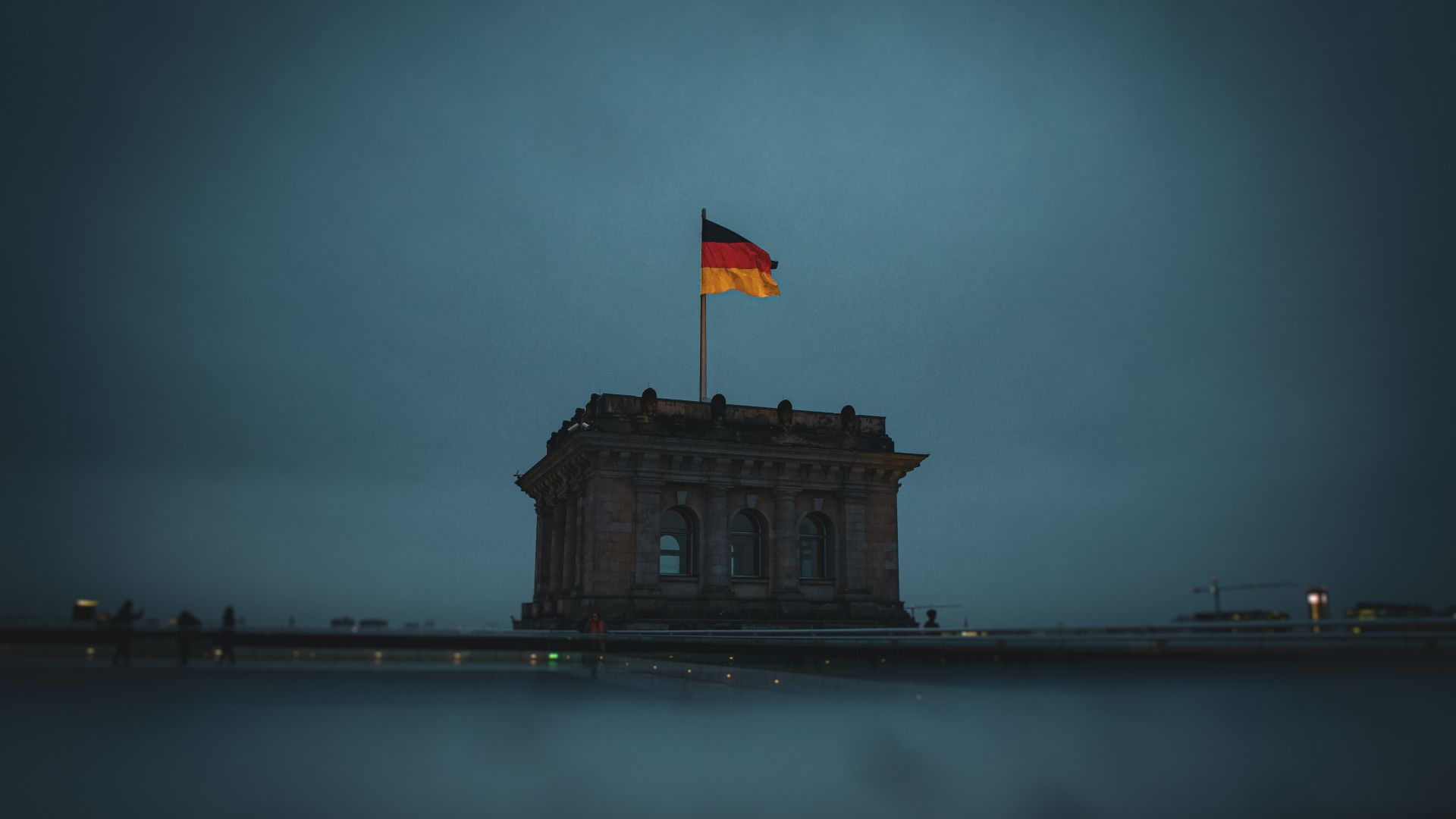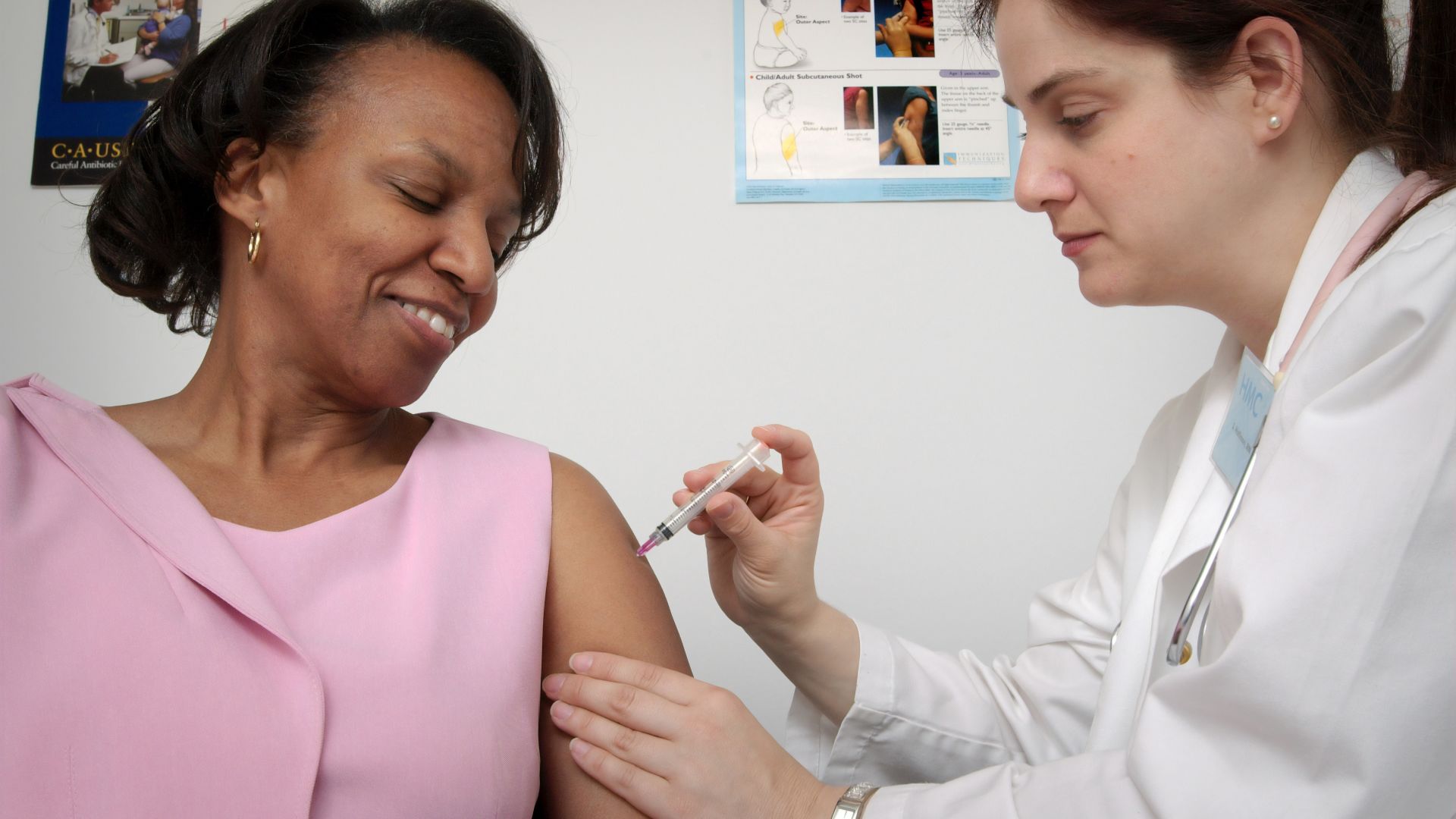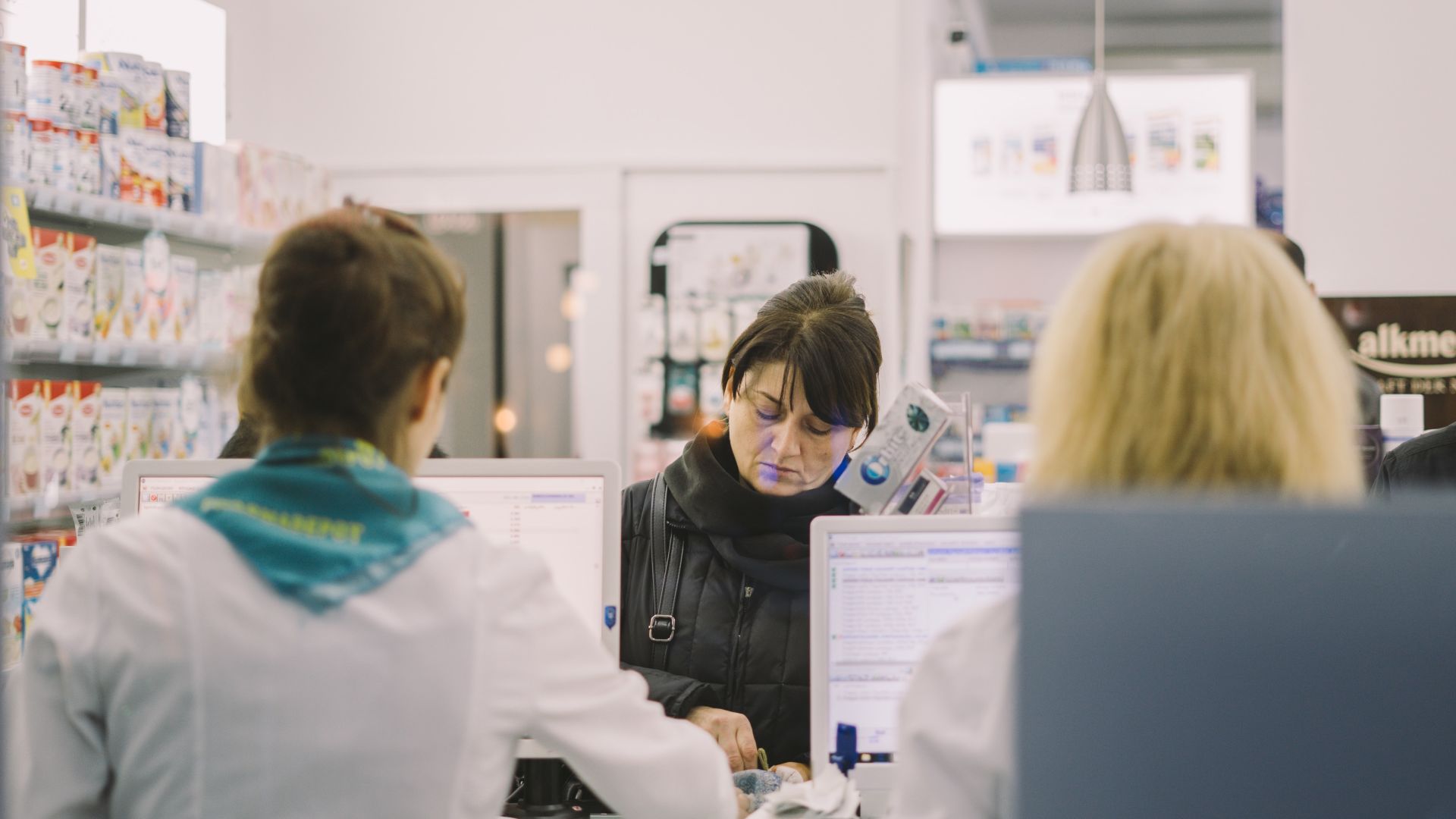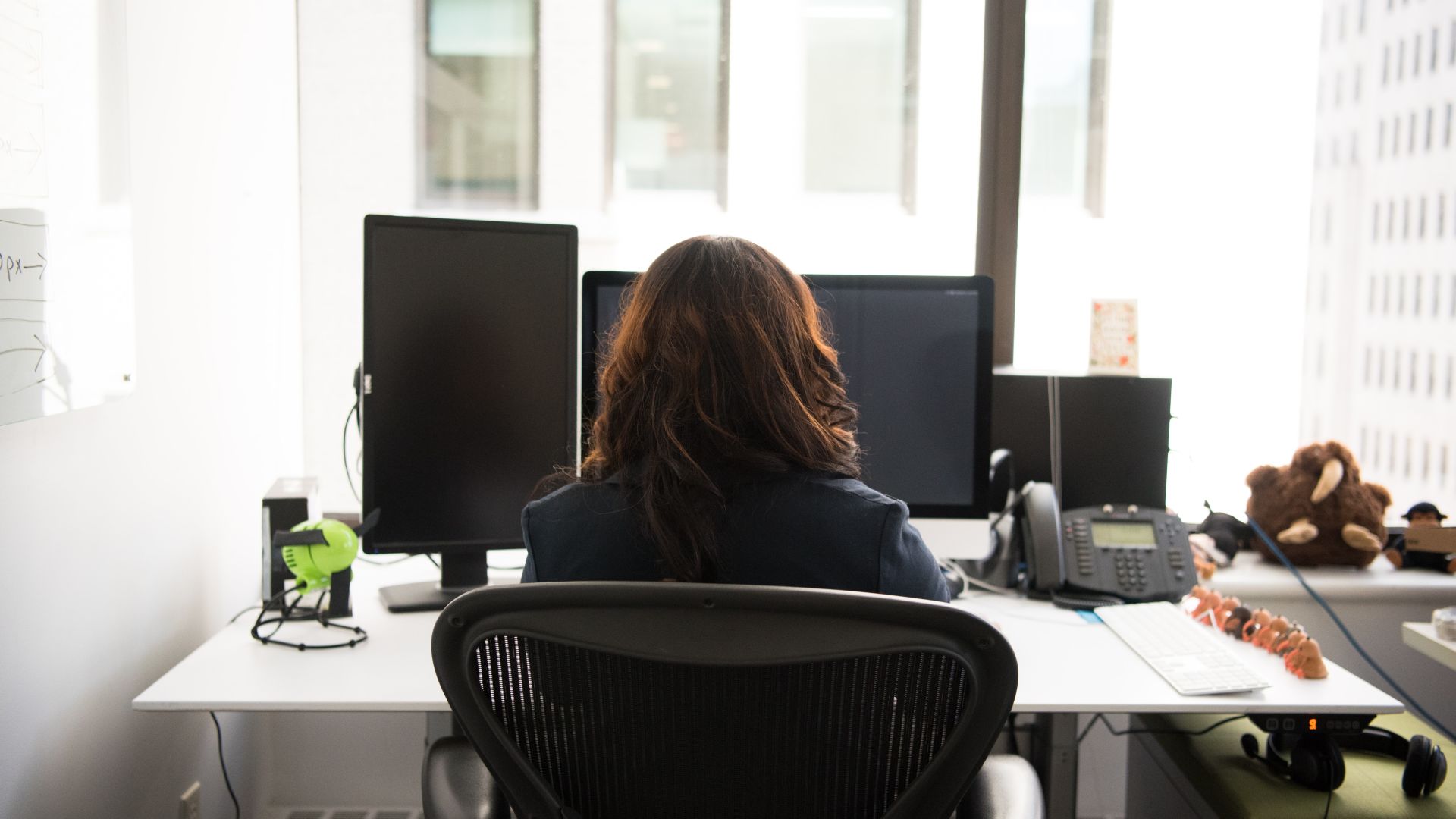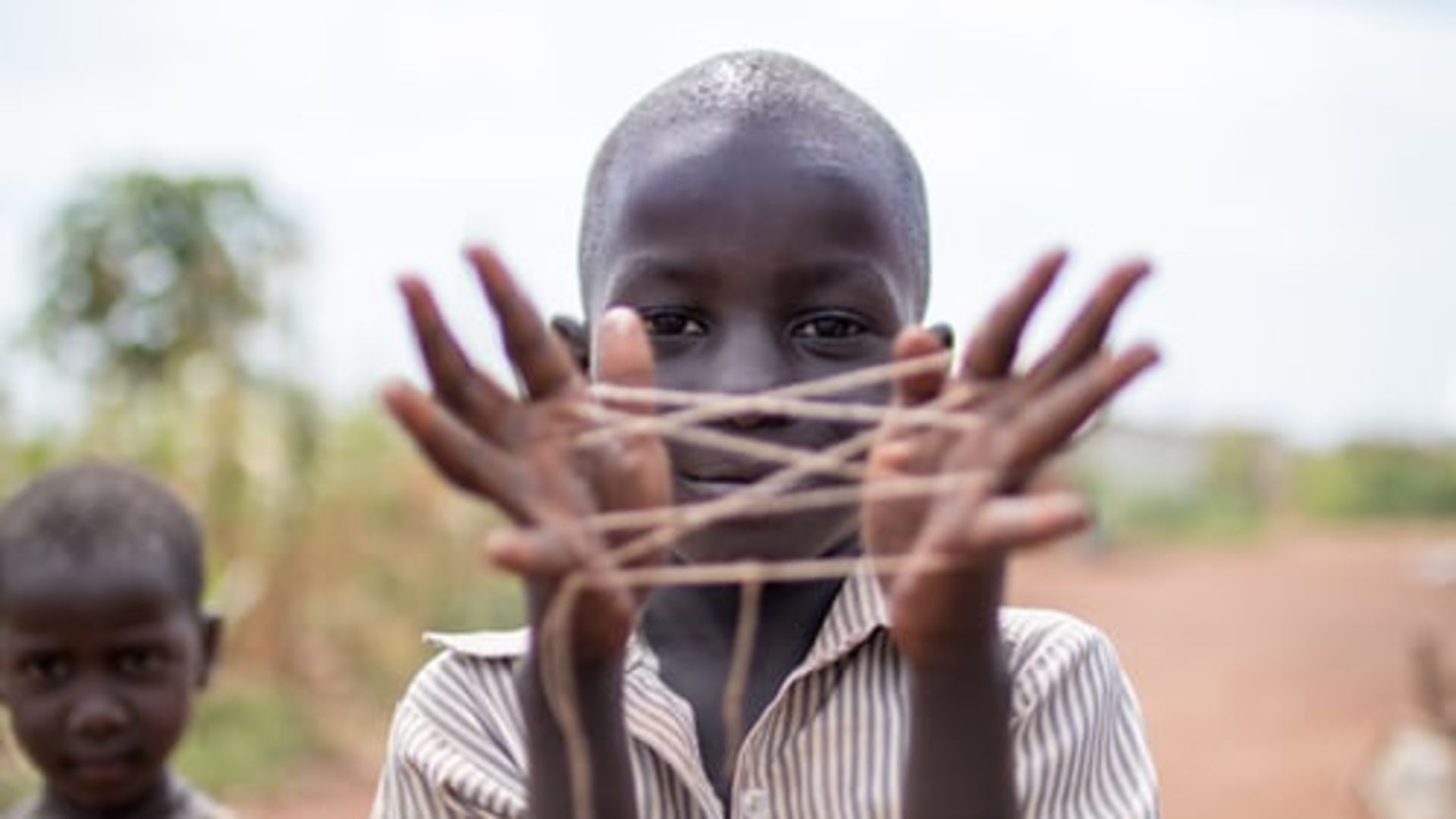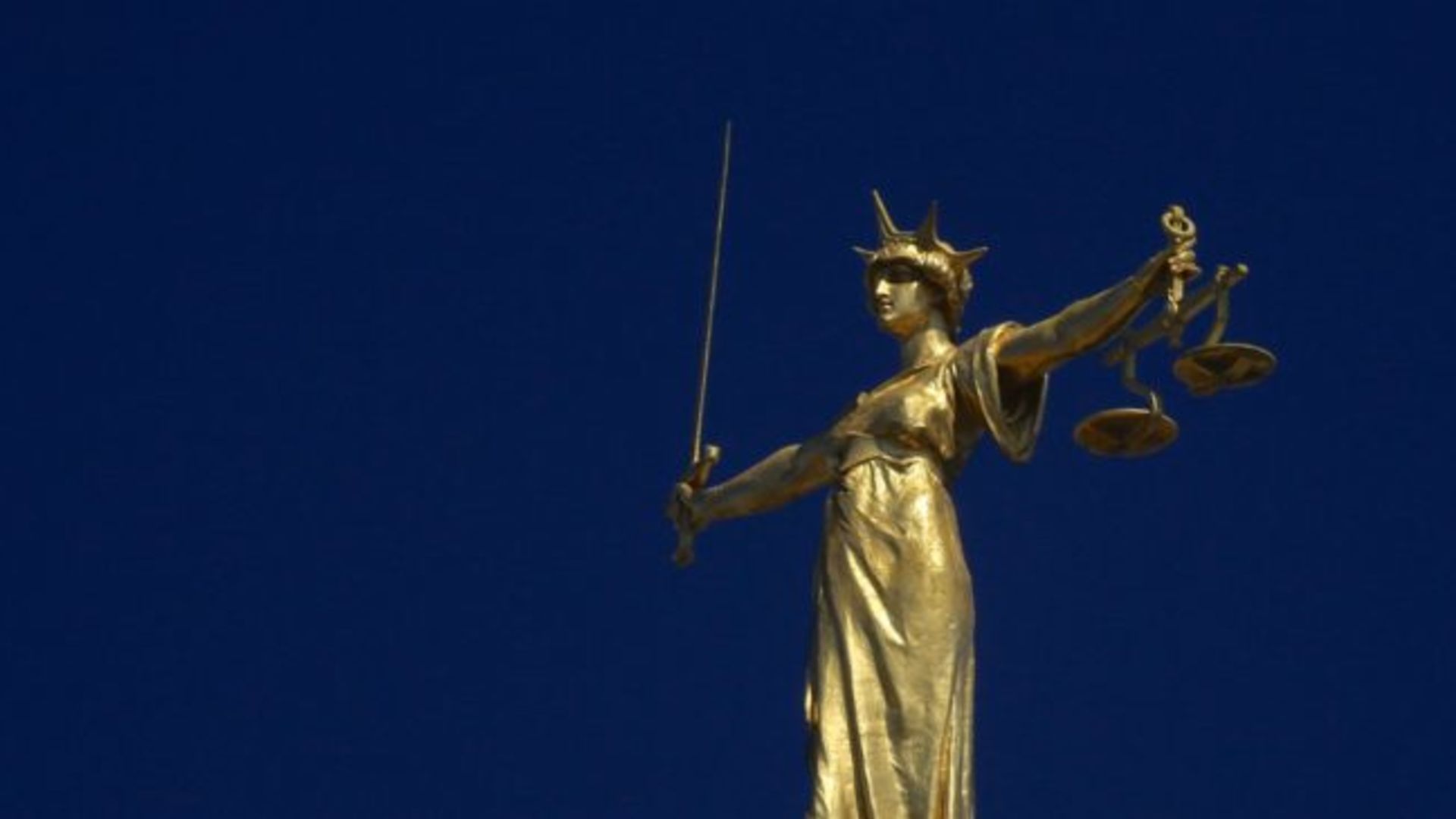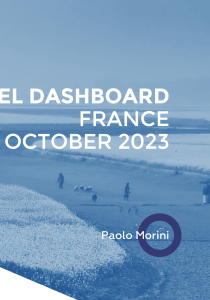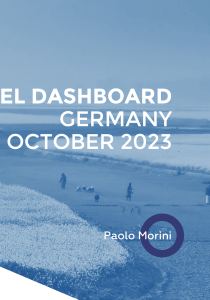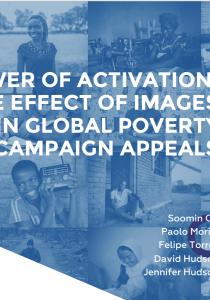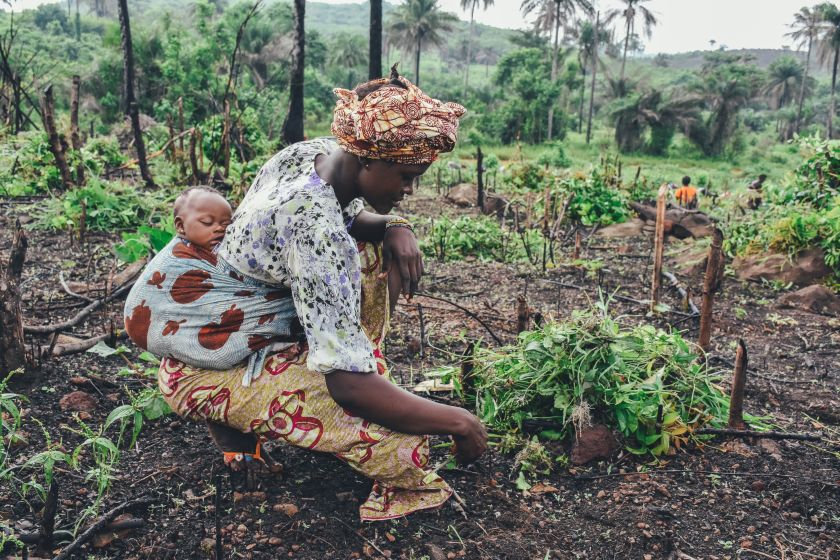
In 2021, in the name of ‘increasing international solidarity,’ the French Government is seeking Senate approval to increase the aid it sends towards African countries, with the goal of fighting global challenges like climate change and COVID-19. However, some claim that these increases are an attempt to leverage aid as a soft power instrument to challenge China’s growing geopolitical power. This two-part series explores the French public’s perceptions of current challenges, progress in African countries, and their views on whether China and France should be involved in the continent’s development.
In a recent survey, we sought to learn about the French public’s attitudes towards the involvement of France and China in the development of African countries. Designing questions for this YouGov survey between 30th April - 5th May 2021, we wanted to answer three broad queries: First, does the French public believe that African countries have made progress in overcoming their greatest challenges? Second, what does the French public think of Chinese and/or French involvement in the development of this continent? And finally, what factors affect people’s opinions about the involvement of France and China in the African continent? The latter two questions will be addressed in the second blogpost in this series. In this blogpost, we look at what the French public perceives as the top challenges and areas for improvement in African countries, and whether they overlap.
Does the French public believe that African countries have made progress in overcoming key challenges including political instability, armed conflict, and poverty?
The French government has proposed to increase aid spending for African countries “to fight against poverty, to counter climate change, to bolster public health, to expand education services and to achieve gender equality.” Respondents were asked what they think are the continent’s biggest challenges, to understand the French public’s priorities and whether they align with the French government’s aid allocation agenda.
Figure 1: What are the biggest challenges faced by African countries?
Our survey found that 44% of French adults responded with political instability and corruption, while 41% said armed conflict and Jihadist threats and 39% included poverty and social inequality.
From this chart, we can assume that the French public’s greatest concerns only overlap with those of the government’s when it comes to poverty and social inequality, which suggests that government and public opinions may be misaligned when it comes to African countries’ challenges. According to Figure 2, the other challenges listed by the government are relatively less of a priority to the French public. Out of the other challenges listed by the government, improving public health also features in the public’s list of priorities, but only as the fourth most important one. Climate change (11% of respondents considered it ‘important’), access to education (22%), and gender equality (14%) are also included, however they are significantly less important than the three most important challenges listed by the public. The government is focused more on social causes while the public is towards economic, security and political causes. This discrepancy may have an impact on public support towards the government’s decisions around the provision and allocation of aid. The question then arises: Can such support be increased if the government shifts aid allocation towards causes that match the priorities of the French public? And at what cost?
Figure 2: In what areas have African countries made progress?
The same respondents were also asked what areas they think African countries have made progress in. Here, we find that 32% of the respondents selected access to education, 29% included access to healthcare and reduced mortality rates and 24% included access to information technology. Therefore, the French public believes that African countries have made improvements with issues of access, which could help bridge inequalities. This is also true, especially as the median proportion of children completing primary schooling across the continent has increased from 27% to 67% over the past 40+ years. Meanwhile, access to information technology has increased, with nearly a fifty-fold increase in internet usage over the past 20 years.
18% of the public ‘Don’t know’ what areas African countries have been progressing in, significantly higher than the proportion of people who ‘don’t know’ what challenges African countries face (7%).
18% of the public ‘Don’t know’ what areas African countries have been progressing in, which is significantly higher than the proportion of people who ‘don’t know’ what challenges African countries face (7%). This finding could be seen as mirroring the greater coverage of challenges compared with that of progress stories, which means that the French public is less aware of whether there is progress. This sentiment was also captured in DEL’s French Media Wave Report from December 2020, which found that the public felt sad, discontent and angry with the content in media reports about global poverty and the way in which these issues are reported.
Comparing how well the areas of improvement overlap with the challenges identified by the public and the government, we can see that the top five areas of improvement (access to healthcare, education and technology, reduced poverty, and gender equality) listed by the public are better aligned with what the government feels aid should go to rather than what the public feels. Among the areas of progress listed by the French public, we find that while areas of challenge and progress do not fully overlap, the themes do. In our analysis, ‘areas’ refer to the specific challenges while ‘themes’ refer to their broader categories, such as ‘social inequality’, ‘security’ and ‘political stability’. For example, the broader challenge of social inequality is being addressed through increased access to education, healthcare, and technology, which is likely to play a role in bringing people to an equal footing. Perceptions of challenges and progress are important motivators of support for aid, but so is the source of technical and financial assistance.
In the second blog of this series, we move from progress and challenges to the public’s perception of the involvement of France and China in the development of countries in Africa.

